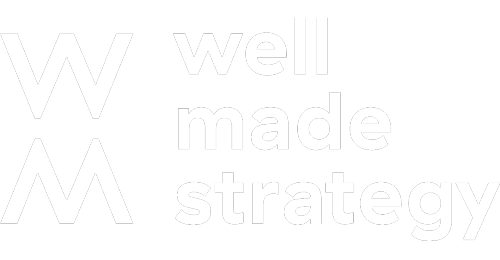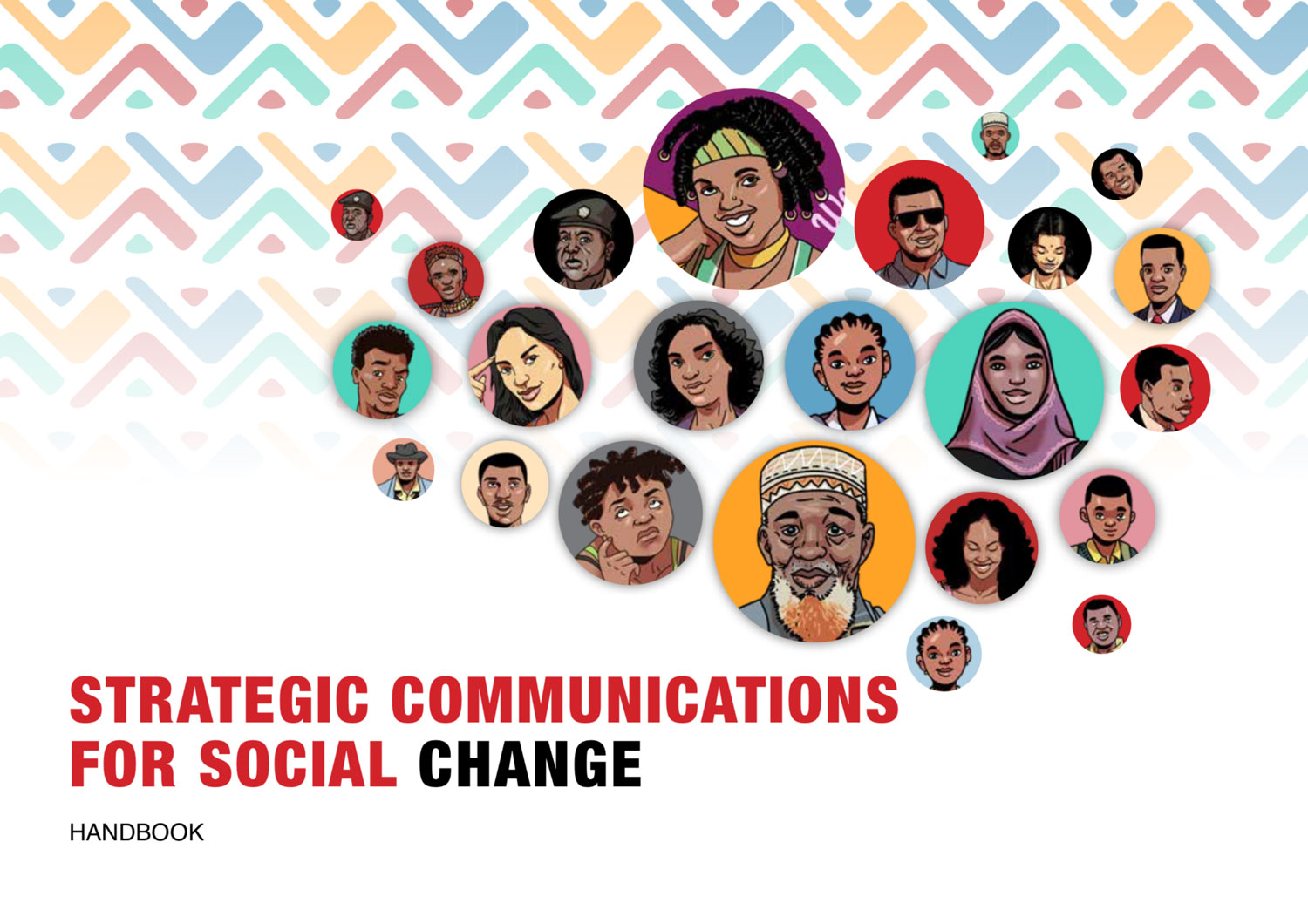Next month Kenya goes to the polls, with national elections across the country. Everyone is hoping for peaceful politics and mass participation. But expectations are, it’s fair to say, cautiously realistic on both counts.
Last month, the UK witnessed an election unlike any other election for decades. Youth turn out hit a twenty-five year high, with more than two thirds of 18-24 year olds turning out to vote on polling day. Everything we thought we knew about who votes in British elections was turned on its head.
Before this year’s election, youth turn out in the UK had been in long-term decline since 1965. At the same time, the participation rate of the over 65s had been pretty much stable. This, we thought, was a structural issue. More than just a cohort effect, there was widespread consensus that older people voted and younger people didn’t. It was a truism in British politics. But last month, all that changed.
 There were some warning signs. And there were some unique circumstances which came together at the same time. It was a ‘snap’ election, called three years earlier than expected. As a result, there was a short-notice voter registration campaign, with a hard deadline. It was the first election since the seismic referendum on Britain’s membership of the European Union. And there was a sense that older voters had taken the Brexit decision but younger voters would pay the price. All those factors combined, leading to two million new voters registering, of whom one million were young people. Astonishingly, a quarter of a million of them registered online, on deadline day:
There were some warning signs. And there were some unique circumstances which came together at the same time. It was a ‘snap’ election, called three years earlier than expected. As a result, there was a short-notice voter registration campaign, with a hard deadline. It was the first election since the seismic referendum on Britain’s membership of the European Union. And there was a sense that older voters had taken the Brexit decision but younger voters would pay the price. All those factors combined, leading to two million new voters registering, of whom one million were young people. Astonishingly, a quarter of a million of them registered online, on deadline day:
 For those of us working in Africa, using social media to persuade young people to participate in politics, this reversal of the UK’s historic trend is encouraging to say the least. In the UK, Facebook registered a massive spike in online registration immediately after it put out a reminder to users:
For those of us working in Africa, using social media to persuade young people to participate in politics, this reversal of the UK’s historic trend is encouraging to say the least. In the UK, Facebook registered a massive spike in online registration immediately after it put out a reminder to users:
With declining turnout reversed in the UK, the idea that young people could make the difference to an election result no longer seems fanciful:
 In an African context, this is even more powerful, because young people really are ‘the many not the few’:
In an African context, this is even more powerful, because young people really are ‘the many not the few’:
In Kenya, the Independent Electoral and Boundary Commission say that 51% of registered voters are 18-35 years old. But registration is not the same as turn out.
As part of Well Told Story’s ongoing efforts to reshape the discourse on governance among Kenya’s youth, Shujaaz is encouraging our audience to vote but also to recognise hate speech and election violence. Two campaigns – ‘The #ligisafi Campaign’ and ‘Ji-Activate’ – invite young people to engage in a big conversation via the Shujaaz social media pages. Young Kenyans are making pledges to take positive action and to call-out divisive behaviour.
We are also picking up signals that youth turnout in Kenya could be boosted by differential voting lower down the ticket. It is older voters that we expect to vote uniformly for the same coalition for President, Member of Parliament, Governor, MCA rep and so on. But young people are telling us that they will spread their votes, lower down the ballot paper.
But we are realistic. There won’t be a Trump, Macron or even Corbyn style shock in Kenya. That’s because there are so few new candidates on offer. Eventually it could happen in Kenya, but it’s unlikely to happen anytime soon.
LISTEN: to the first episode of the Well Told Story Insight’s podcast on young people, lections & governance (20 mins) by clicking here.
Richard Darlington is Head of Strategic Communications at Well Told Story and offers strategic communications consultancy through Well Made Strategy. He has worked on three UK election campaigns and has advised the International Foundation for Electoral Systems in Africa. Follow him on Twitter: @RDarlo




